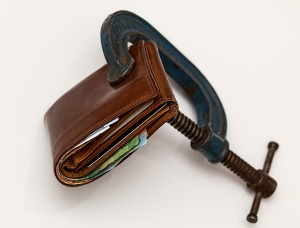Overland Park Bankruptcy Lawyer
There are situations where people will take out a short term loan against their car or some other vehicle. Typically, these loans have high rates of interest, and are marketed to people who are unable to secure credit in more traditional ways. Their treatment in bankruptcy can come as a great relief to debtors who find themselves paying and paying, yet never making any headway in paying off the loan.


You must be logged in to post a comment.